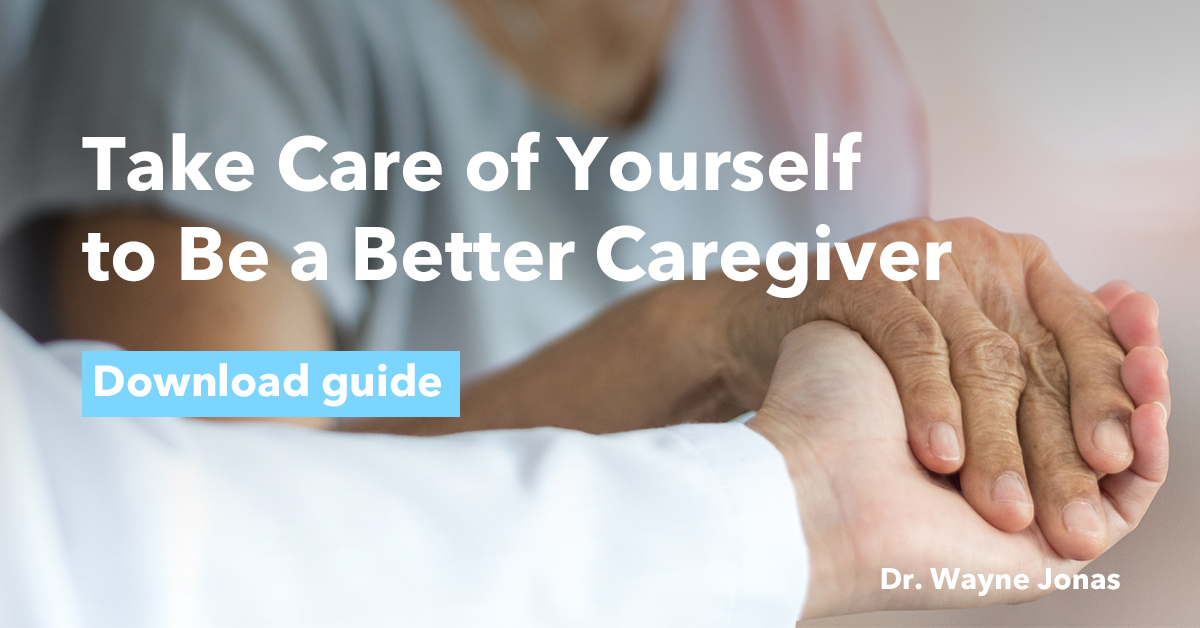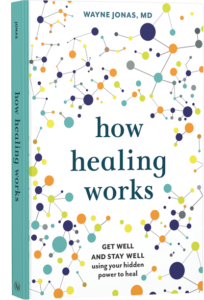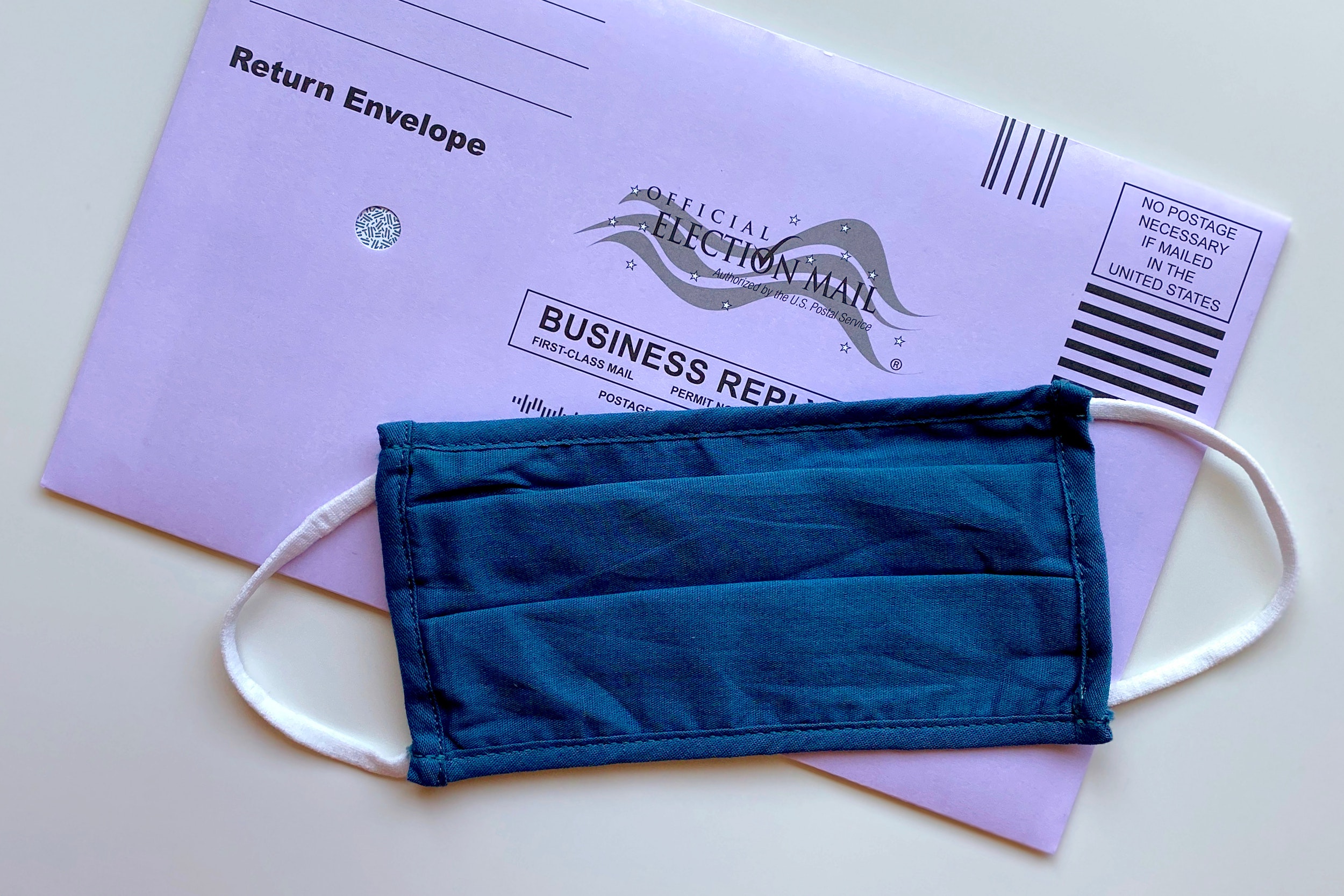Prepare and take care during the campaign season
Just when you think you have a handle on the craziness, along comes another presidential election. With the rancor of 2016’s race in mind, you may not be looking forward to another round, but here it is. If you’re a political junkie who actually relishes elections, you may be disappointed that the speeches and conventions may still look different than those in the past. If you dislike politics, you may feel that the election noise feels like the straw that broke the camel’s back.
Stress over all these things can ultimately lead to burnout. We wrote about burnout at work this spring, but almost anything can deplete you if you’re overwhelmed for too long. Election season can spark a variety of negative responses. Before the 2016 presidential election, the online counseling organization Goodtherapy.org recorded that more people sought treatment for anxiety. Some had a history of anxiety disorders, some did not. Clients also reported stress, fear, anger and mistrust.1 Here are a few suggestions for coping with election-year stress and burnout.
1. Manage the “toddler” part of your brain
“I want!” “I don’t wanna!” If you’ve ever had a two-year-old, you know how basic instincts sometimes take over. If your limbic system gets fired up, it can happen to you as an adult too, says psychologist Steven Stosny, PhD. You’re shouting, you’re stamping your feet, you’re cutting ties with friends and relatives … and that’s just five minutes on Facebook. Stosny coined the term “election stress disorder” to describe this type of raging, “all or nothing thinking,” blame, denial and avoidance many of us fall prey to during an election cycle.2
To counteract this tendency, Stosny recommends, well, acting like an adult. “To make the country stronger,” he writes, “we must be compassionate to the people closest to us, respect the people we encounter, [and] tolerate differences among all people.”2
You may think your aunt is dead wrong in her choice of candidate. However, you stay tolerant enough to understand that her vote is her choice, most positions have some merit and cutting off the relationship will cause lasting pain for both of you. Toddlers, on the other hand, aren’t known for their compassionate respect for differences. Adults can, or at least once did, have reasoned discussions with the goal of understanding each other’s points of view. That can still happen.
2. Know you’re not alone
Having compassion for yourself is another aspect of managing election-year stress. A 2016 survey conducted by the American Psychological Association (APA) before the last presidential election, found that about half of respondents were stressed by the upcoming event.3 But is it the event itself, or the months of news coverage, commentary and speculation beforehand that fatigued us? A Pew Research poll found in early 2018 that those surveyed were exhausted by the sheer volume of political news, with nearly 7 in 10 reporting “news fatigue.”4
3. Step back from social media and news
Stepping back from news and social media can reduce fatigue and stress. If you can, think back to a time when you had to wait for tomorrow morning’s paper or the evening news to catch up on current events. Did you feel more frantic and obsessed with the latest poll numbers, or less?
If you own a smartphone, your news and social media feeds may be within arm’s reach 24-7. Tips from the American Psychological Association to reduce election stress include:
- Limit your media consumption.3 Overwhelmed by news, retirees Janet and Bill stopped watching their favorite TV news channel except for a few minutes each morning. The rest of the time, the TV streams animal videos and old movies. Lee, an Operation Iraqi Freedom combat veteran, decided to take a break from images of city protests to read his first thriller in years.
- Avoid conversations that could get testy. These days, even a stranger at the dog park might be frustrated enough to pick a fight over national policies or the upcoming vote. Feel free to say something noncommittal like “Don’t get me started,” then turn the conversation elsewhere or walk away.
You may also consider:
- Changing your media type. Reading the paper may allow you to engage with one story at a time, read it in depth, then return for more news later.
- Turning off news alerts and social media notifications. If you’re on tenterhooks waiting for a specific announcement, part of your brain is constantly listening for that “ping.”
- Taking a social media break this fall. It might seem unthinkable, but life might also become much more peaceful.

4. Step up to make a difference
“Anyone can make a difference, and everyone should try.” —John F. Kennedy
A popular phrase holds that “all politics is local.” Without denying the existence of national and global forces, we can remember that 2020 brings many campaigns besides the one for U.S. chief executive. Could your local elections office use help counting ballots? Maybe a local candidate is holding a virtual town hall and needs people to log in.
Check the website of your favorite social, environmental or other movement for ways to support the cause. You can check VolunteerMatch.org to search for causes by topic, or visit Nextavenue.org for suggestions on becoming politically involved when you are over 50. The magazine Successful Black Parenting lists 10 ways for teens to start making a difference even before they can vote. All these resources include pandemic-safe opportunities.
You can also use the series of steps offered by the Anxiety and Depression Association of America to cope with election stress.5 Instead of thinking “I can’t handle this! The election will lead to disaster!” they suggest identifying your specific concern, such as “I’m afraid I will lose my access to health care.” Once you identify the specific problem, you can brainstorm several possible courses of action (move to Canada, see if your alumni association offers insurance plans, change jobs). Then identify the short- and long-term consequences of each choice and decide on at least one step you can actually take.
5. Put our election in context
Some countries have compulsory voting. Others don’t allow everyone to vote. Women have only been voting in Switzerland since 1971; in Saudi Arabia, the year was 2015. In some countries, leaders are elected by a staggering margin, sometimes greater than the percentage of people who actually went to the polls. While concerns about voting swirl in the media this fall, it is worth remembering that the United States has a fairly organized system.
The U.S. also has more than a single branch of government. While the 2020 election will decide the next president, that person must work with the Supreme Court and Congress to take action. While this may be a slow and often exasperating process, it means no single branch has ultimate sway. This is how the government was designed to operate.
Finally, take a look at history. The musical Hamilton has made our Founding Fathers into rock stars (make that hip-hop stars). Watch it or read a biography or novel about a founding father or mother: George Washington, Eliza Schuyler Hamilton or someone else to see how things have and have not changed in how the government runs.
6. Know the danger signs
As with all types of stress and burnout, the danger signs of election-year stress and burnout can include:
- High blood pressure
- Losing or gaining weight. You may notice that you are overeating or not eating enough, or drinking more alcohol than usual.
- Feeling stressed and worried
- Feeling irritable or moody
- Having trouble sleeping
Our tips on Self-Care in a Post-Pandemic World can help. Making emotional connections can also reduce stress and burnout, whatever the cause.
Creating health for yourself and your family equips you to make the difference you would like to see in our world. So instead of feeling duty-bound to read every article and tweet and educate everyone who disagrees with your views, consider that this election cycle too will pass into the history books, but you will likely still be around. Supporting yourself and taking small, practical steps to improve things can be much less stressful for you and your family and will ultimately be more useful.
References
- GoodTherapy.org. Political Anxiety
- Do You Suffer From Election Stress Disorder? Politics in the wrong part of the brain. Steven Stosny, PhD, Psychology Today. Posted Apr 15, 2016
- APA Survey Reveals 2016 Presidential Election Source of Significant Stress for More Than Half of Americans. Date created: October 13, 2016. Original survey: https://www.apa.org/news/press/releases/stress/2016/presidential-election.pdf
- PEW Research: Americans are worn out by the sheer volume of news https://www.pewresearch.org/fact-tank/2020/02/26/almost-seven-in-ten-americans-have-news-fatigue-more-among-republicans/
- How to Respond to Political Worries. Anxiety and Depression Association of America
For more information on managing election stress and burnout, check out our Tools to Fix Election Stress one-page guide—a simple resource guide, ready made for sharing.

Your Health Into Your Own Hands
Drawing on 40 years of research and patient care, Dr. Wayne Jonas explains how 80 percent of healing occurs organically and how to activate the healing process.

